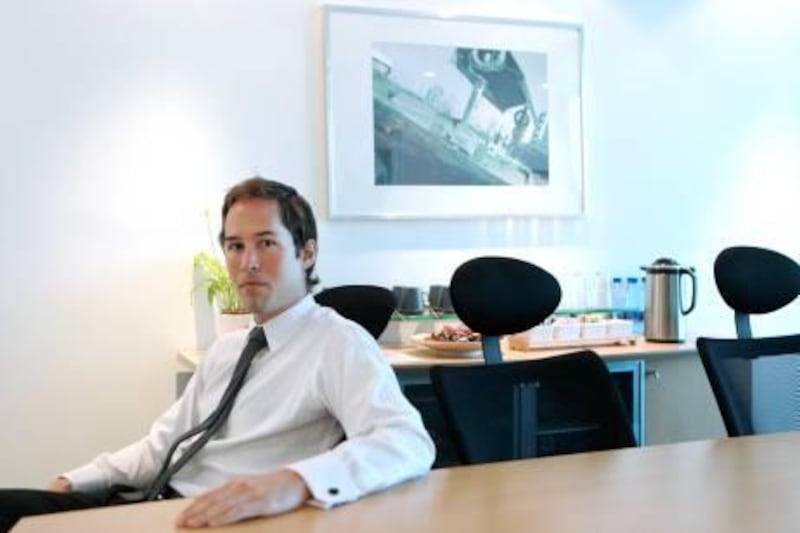The financial crisis has helped to expose institutional fraud across the region, but attention is now turning to white-collar criminals seeking to hide losses made during the boom years.
About 86 per cent of Middle East respondents to the annual Kroll Global Fraud survey said their companies were affected by fraud. Kroll is the US corporate investigation giant that helped to track down the deposed Iraqi dictator Saddam Hussein's missing millions.
Tom Everett-Heath, the managing director of Kroll's Middle East office, said there had been greater efforts among regional governments to make fraud investigations public than previously.
"The downturn has both revealed fraud and induced it," Mr Everett-Heath said. "There are more frauds that we are now aware of because of increased scrutiny in the government and regional corporations, but some new frauds have been triggered by the economic downturn."
Businessmen were under greater pressure, he said, to conceal the risky deals they conducted in the period when asset prices were rising rapidly.
"During the boom, positions were being taken on a speculative basis in an unstructured way," Mr Everett-Heath said. "The downturn in the market creates fraud because they need to cover up those transactions that have gone wrong."
Nicholas Bortman, an associate partner at the London corporate intelligence and investigation company GPW, said a number of frauds had arisen after the financial crisis.
Mr Bortman gave the example of a company taking money for one purpose but using it for another project in the belief that more cash could be found later to fill the gap.
"A lot of these things function almost like a Ponzi scheme," he said. "When things started to collapse, companies had to scramble to get funds from elsewhere and they find themselves in a hole."
Mr Bortman said there were also many cases in the Middle East where employees siphoned funds from their companies, and where foreign companies sponsored by locals improperly used their sponsors' names to get access to money or contracts.
"We've seen a lot of problems in the region with business sponsorship," he said. "Sponsoring a company gives these other managers enormous power to go around and use their sponsor's name for their own purpose, even if the sponsor has no involvement."
The fear of fraud in emerging economies is affecting the international expansion of many companies, the Kroll report said. About half of the respondents said they were not yet working in places such as China or Africa because of corruption concerns.
And for the first time, fraud was mainly in the form of theft of electronic data.
"Information theft increased significantly," the report said. "Information-rich industries such as financial services, professional services and technology, media and telecoms itself are the most likely to be hit."
This is leading to a renewed focus on corporate information technology systems to protect information.
"Poorly defended technology is increasingly easy to exploit for fraudsters with ever more advanced tools of their own, ranging from sophisticated hacking to a simple memory stick that can let a disgruntled employee walk into the office and walk out with details of the company's most valuable intellectual property," the report said.






